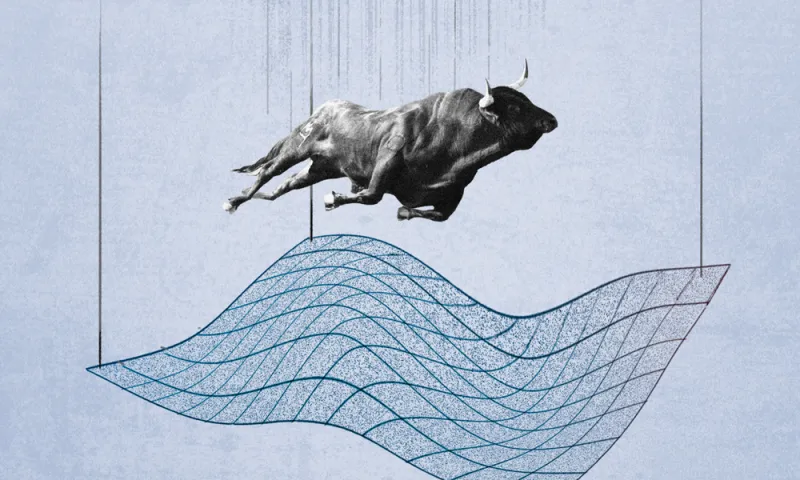It doesn’t pay to time the market.
That’s the conclusion of new research from investment and consulting firm Cambridge Associates, which analyzed UK and U.S. equity markets from 1900 onward in a recently released report entitled “Decades of Data.” Investors who take money out of the market too early stand to “risk substantial underperformance,” according to the report — which advised investors concerned about the length of the current bull market not to bail out of equity markets earlier than necessary in an attempt to avoid exposure to downturns.
That’s because trying to time re-entry to get back into the markets at lower levels leads to substantially lower long-term returns, the researchers found. For example, the report showed that being out of the market for just the two best quarters since the turn of the last century cut cumulative real returns on U.K. equities by more than 50 percent.
That effect is even more profound in the United States, where sitting out the best two quarters cut cumulative real returns by more than two thirds, according to the report. The findings come as investors are increasingly trying to address what to do when the ten-year bull market for equities eventually turns.
“While no investor should be ignoring valuations, becoming too focused on timing an exit has substantial risks,” said Alex Koriath, head of Cambridge’s European pensions practice, in a statement accompanying the research. “The best periods for returns tend to be very concentrated, meaning that exiting at the wrong time could drag down cumulative returns significantly.”
[II Deep Dive: Cambridge Associates Sells 20% of Firm to Client]
Investors in U.K. equities who missed the ten best quarters since 1990 saw over 90 percent of their gain wiped out, according to the report. On the other hand, when those investors missed the two worst quarters of returns, they were able to double their cumulative real gains on U.K. equities, the report said.
Cambridge said the risk of investors mis-timing the market is higher now because equity valuations are high. Although U.K. equities are still within their “fair value” range, according to Cambridge, the data show that from current valuation levels, 15-year real returns average five percent. Meanwhile, in the U.S., the price-to-earnings ratio, or the company’s stock price compared to its earnings, was at 26.5, the highest since the late 1990s, according to Cambridge.
“Historically, following valuations hitting the levels US equities have now reached, five-year real returns have ranged between -2 percent and 3 percent,” the report said.
“In light of these reduced return expectations, some investors are seeking to lower the costs of their investments in an attempt to make up for lower returns that may come with the end of the bull market,” said Koriath in the statement. “However, in order to reduce fees, this is leading investors to an all-passive strategy through index tracking.”
This is not what investors should be doing, according to Cambridge, which recommends that investors diversify away from an all-passive portfolio and include some actively managed strategies in the mix.
“Index tracking, rather than isolating investors from reduced returns, actually maximizes their exposure to any fall in the equity markets,” Koriath said in the statement. “Now is the time for active management and low beta.”
Koriath recommended a balanced long-term portfolio of equities and bonds, “along with assets like absolute return hedge funds and less-correlated private market strategies, including both private equity and credit.”







